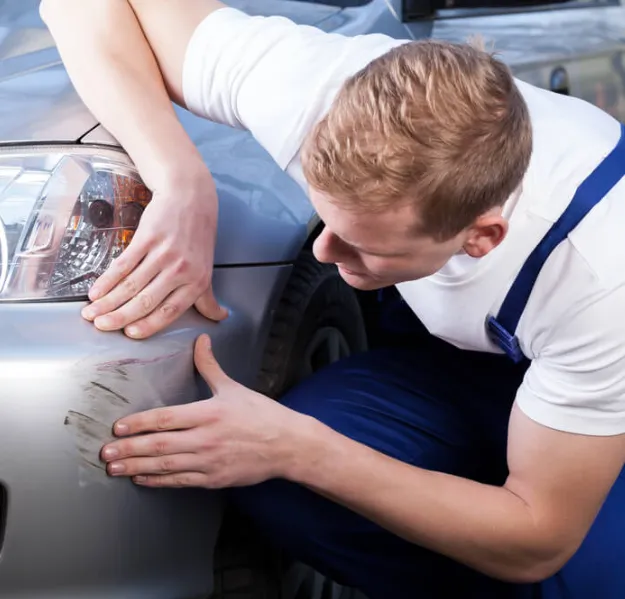When it comes to auto insurance, the coverage for repairs largely depends on the type of damage your vehicle has incurred. While your standard car insurance will cover repairs related to accidents or damage caused by covered events like theft, vandalism, or weather-related incidents, it won’t cover routine maintenance or repairs due to wear and tear.
For example, if your car needs maintenance such as brake repairs, oil changes, or engine tune-ups, you’ll have to cover those expenses out of your own pocket unless the repair is a direct result of an incident that’s covered under your policy. That’s where a specific type of insurance, known as Mechanical Breakdown Insurance (MBI), comes into play.
What is Mechanical Breakdown Insurance?
While your standard auto insurance covers damages related to accidents or other covered events, Mechanical Breakdown Insurance is designed to help with repairs that are more routine but still costly, such as engine or transmission issues. It’s important to note that this type of insurance is not required by law and is typically not included in a standard auto insurance policy. Instead, it can be purchased separately from certain insurance providers.
This coverage is usually available for newer vehicles or those with relatively low mileage. However, high-value vehicles like a Tesla might not qualify for MBI. Additionally, insurers may require that you take your vehicle to an approved repair shop for any covered repairs.
Like other types of insurance, Mechanical Breakdown Insurance comes with a deductible, which is the amount you must pay out of pocket before your insurer covers the rest of the repair costs. Depending on your insurance provider, some repairs may be excluded from coverage, so it’s essential to understand the policy details before purchasing.
What Repairs Does Car Insurance Cover?
Under a regular auto insurance policy, repairs are typically only covered when they result from specific covered events. These may include accidents, vandalism, theft, or damage caused by weather events like hailstorms.
If you have comprehensive and collision coverage as part of your policy, your insurer will cover the cost of repairs in these situations:
- Comprehensive Coverage: This covers damages that occur to your vehicle due to non-collision incidents, such as falling objects, natural disasters, theft, or vandalism. These events often happen when your car is parked and not in use, but as long as they are covered under your policy, the insurance will pay for the repairs.
- Collision Coverage: If your car is damaged in a collision, whether it’s your fault or not, collision coverage will help pay for the repair costs. This coverage ensures that your vehicle is repaired after an accident involving another car or object, regardless of who caused the damage.
In summary, while car insurance will not cover regular repairs or maintenance, it does provide coverage for damages caused by specific incidents, as long as you have the appropriate coverage like comprehensive or collision insurance.




